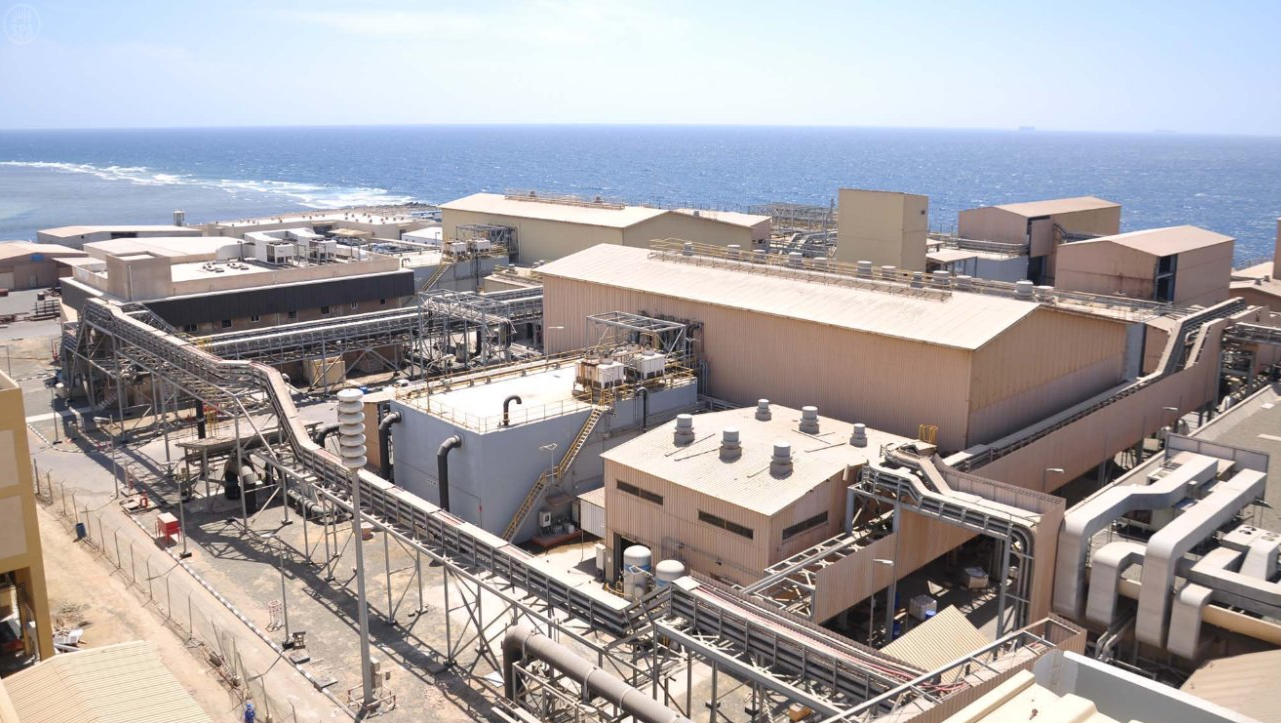Gulf states are spending an average of 10% of GDP on energy subsidies each year, a total of $160 billion, an IMF official said according to Arab News.
“The GCC and other MENA states must start cutting energy subsidies now otherwise problems associated with them will get worse,” said Shantayanan Devarajan, chief economist for the World Bank in Middle East and North Africa.
As a whole, the Middle East and North Africa region accounts for nearly half – 48% – of energy subsidies globally.
In SUSTG’s most recent FocusKSA discussion, Fahad Al Turki, Head of Research at Jadwa Investment in Riyadh, touched on the issue and highlighted some challenges and opportunities in powering the Kingdom of Saudi Arabia.
Writing in an analysis for SUSTG.com in August, John Sfakianakis noted that “roughly a quarter of all global energy subsidies combined” are done in Saudi Arabia, which are in place primarily for political and social reasons.
“Economically, general subsidies foster overconsumption, waste and damage to the environment. They also tend to encourage capital-intensive industries to the detriment of employment-intensive activities. Saudi Arabia needs to create employment-intensive activities to accommodate the millions that will be looking for jobs in the next fifteen years,” Sfakianakis wrote.
“Difficult decisions are taken by those who are visionary. If done properly, those that are most in need will be protected from short term increases in inflation or further increases in prices and wages. However, the long-term benefit to the Saudi economy would be enormous. Consider it a gift to our children.”
In a Harvard Kennedy School of Government paper on the subject of subsidies in Saudi Arabia, author Fuadi Pitsuwan noted subsidies are “not an efficient means of improving access to energy and redistributing income to the poor.”
“In fact, fossil fuel subsidies are highly regressive, as richer households benefit more than the intended poor. Fossil fuel subsidies have also diverted substantial resources away from other pro-poor investments in health, education, infrastructure, and other better-targeted social welfare programs,” Pitsuwan wrote.









